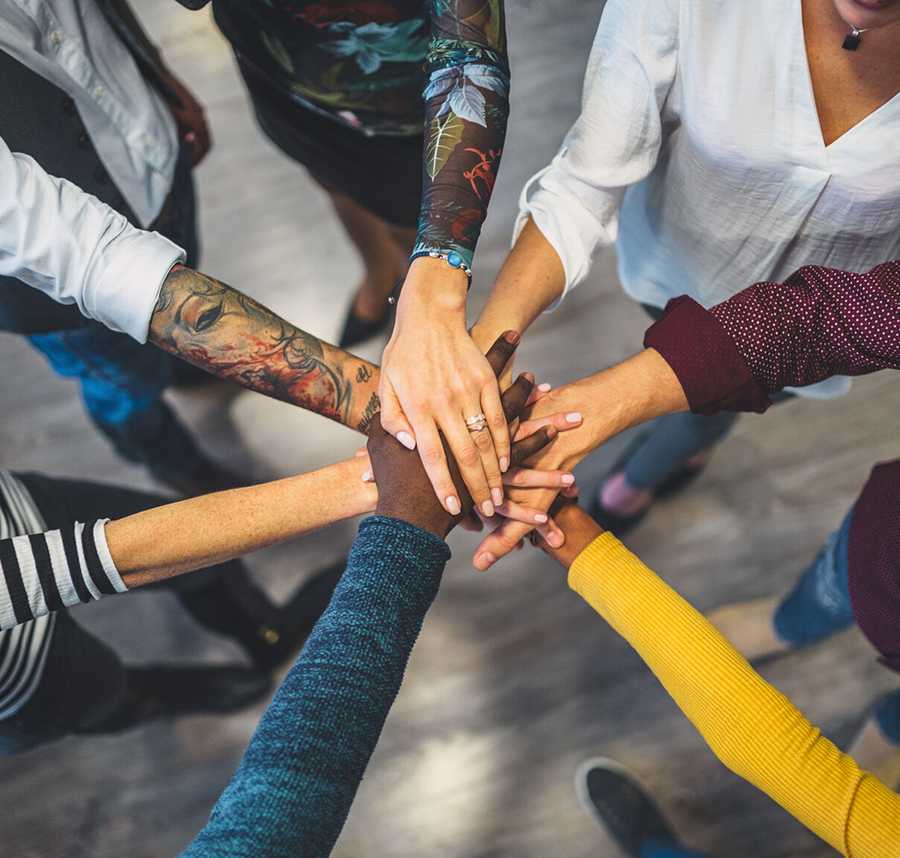Human rights
Human rights are basic entitlements that belong to every one of us, regardless of our background, where we live, what we look like, what we think or what we believe. Victoria’s Charter of Human Rights and Responsibilities contains 20 basic rights that promote and protect the values of freedom, respect, equality and dignity.

What is the Charter of Human Rights and Responsibilities?
The Charter of Human Rights and Responsibilities (the Charter) is a Victorian law that sets out the basic rights, freedoms and responsibilities of all people in Victoria. It is about the relationship between government and the people it serves.
The Charter requires public authorities, such as Victorian state and local government departments and agencies, and people delivering services on behalf of government, to act consistently with the human rights in the Charter.
Twenty fundamental human rights are protected in the Charter. In certain circumstances, some rights may be limited. However, this must be necessary and reasonable, and there must be clear reasons for the decision.
The Charter protects human rights in Victoria in three main ways:
- Public authorities, including local government and Victoria Police, must act in ways that are compatible with human rights and take relevant human rights into account when making decisions.
- Human rights must be taken into account when Parliament makes new laws.
- Courts and tribunals must interpret and apply all laws compatibly with human rights.
Your rights under the Charter
The rights in the Charter are listed below. Click on each right to find our more information.
Right to recognition and equality before the law (section 8)
Right to protection from torture and cruel, inhuman or degrading treatment (section 10)
Right to freedom from forced work (section 11)
Right to freedom of movement (section 12)
Right to privacy and reputation (section 13)
Right to freedom of thought, conscience, religion and belief (section 14)
Right to freedom of expression (section 15)
Right to peaceful assembly and freedom of association (section 16)
Right to protection of families and children (section 17)
Right to take part in public life (section 18)
Right to liberty and security of person (section 21)
Right to humane treatment when deprived of liberty (section 22)
Rights of children in the criminal process (section 23)
Right to a fair hearing (section 24)
Rights in criminal proceedings (section 25)
Right not to be tried or punished more than once (section 26)
Who has responsibilities under the Charter?
Human rights are about the rights of the individual. However, in protecting the rights of a person there is a corresponding duty to other individuals or the wider society to act responsibly towards them. This means that our rights come with responsibilities.
In some circumstances, one person’s right may come into conflict with the rights of another person or group. In these circumstances, it can be necessary to limit or restrict the rights protected by the Charter. Section 7(2) of the Charter explains that rights can only be limited in certain circumstances if it is reasonable, necessary, justified and proportionate.
How can the Commission help me?
We can give you information about Victoria’s Charter of Human Rights and Responsibilities but we do not handle complaints related to the Charter.
If you would like more information about the Charter and your rights, please contact us.
For information about the legal history of this right, case law or Australia’s human rights framework, you can read more in our Policy and Legal sections of our website.
How do I make a human rights complaint?
If you think your human rights have been breached, you should contact the Victorian Ombudsman.
If you want to make a complaint about police conduct, contact the Independent Broad-based Anti-corruption Commission.